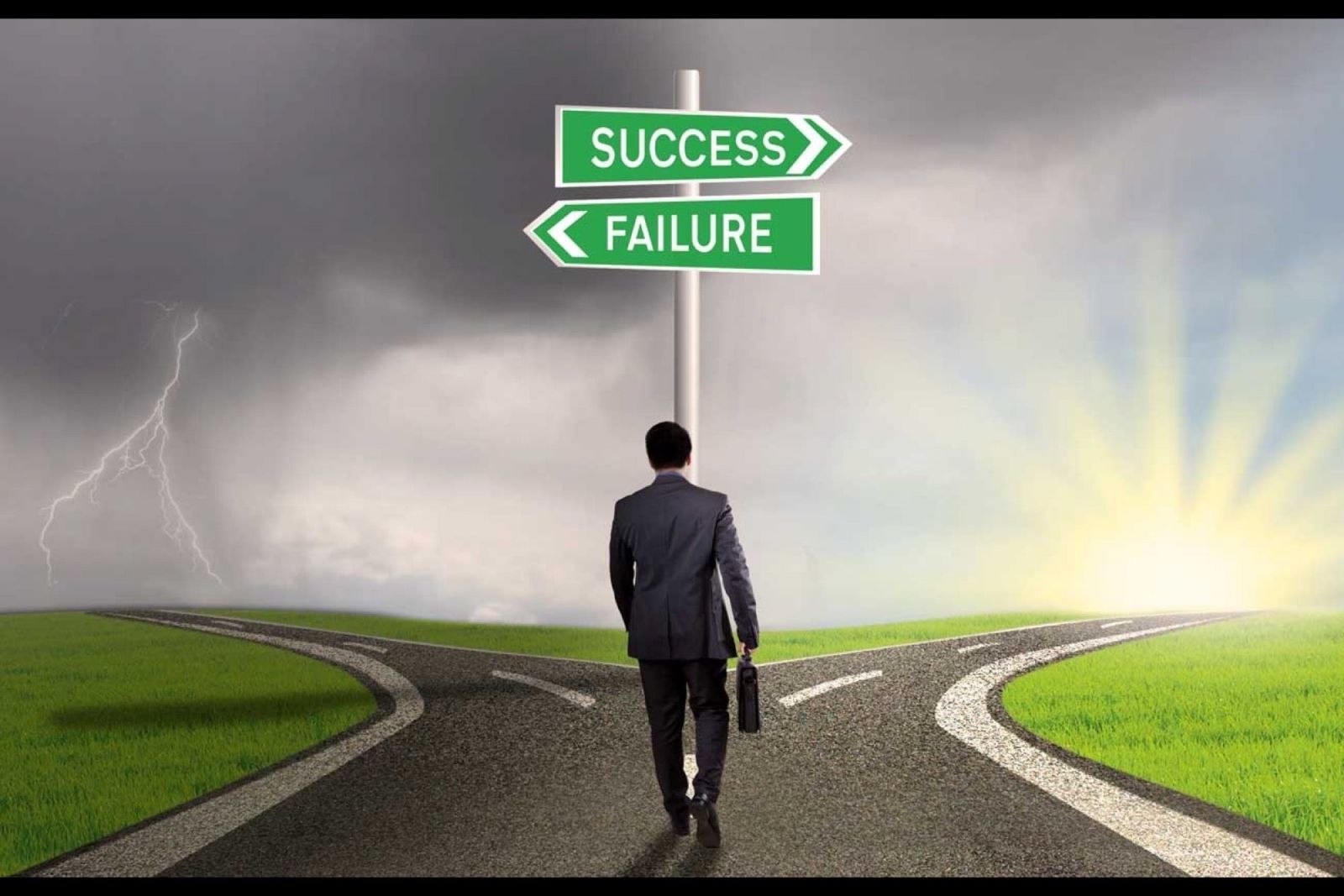#1 Promote Transparency & Awareness to Enable Continuous Improvement
Let’s take a step back and think about the purpose of adopting Kanban metrics and analytics in the first place. The main goal is to gain visibility of the current state of our workflows. The ultimate purpose of these tools is to help us identify opportunities for improvement. We learn the lessons and then take action so that we don’t make the same mistakes again.
Learning from failure is the foundation of success! It is the secret ingredient that enables us to continuously improve our working practices, organizational culture and ultimately increase our business outcomes.
As soon as you start tweaking your flow metrics to make the picture nicer, take a pause and acknowledge that behavior. You’re heading in the wrong direction.
More often than not, managers feel jeopardized when they see long cycle times of unstable systems, with high variability in their delivery times. Honestly, this is my favorite stage of business development. Why? Because achieving that level of awareness is priceless – it enables so many opportunities! Having transparency makes it possible to actually improve our capability, our delivery speed and the predictability of our workflows. From here, you can only go up!

#2 Embrace Shortcomings and Turn Them into Opportunities
Instead of pointing the finger at the team and holding them accountable for the long delivery times, the management of the company moved their focus to the root cause of the problem – excessive demand.
They embraced their failure and turned it into an opportunity. A decision was made to adopt a new strategy to demand management. They stopped committing early to their customers, and they no longer initiated new requests at the moment they arrived. Instead, they considered their backlog items as optional and only started as many tasks as the team were able to handle at a time.
#3 Perceive Learning from Failure as a Competitive Advantage
There is a need to shift our perspective. We should shake off the feeling of intimidation and embrace learning from failure as a competitive advantage.
Your biggest competitor is your own business. You’re competing with your status quo. Learning from failure will enable you to build an environment of evolutionary change and a culture of trust, respect, and appreciation.

Failures should never be approached with the motivation to point fingers and keep individuals responsible for the shortcomings. Your business success strongly depends on the unprecedented support and effective collaboration of your people. Encourage this behavior. If you want to blame someone, blame the organizational policies and management practices and strive to improve them.
People are never the problem. The problem always boils down to how effectively you manage your work. Developing this mindset will open countless doors for your business.
Always keep this thought at the front of your mind: every failure is an opportunity. It is another chance to take a step further and improve the way your teams work together, your systems operate and how your business develops as a whole.












Replies to This Discussion